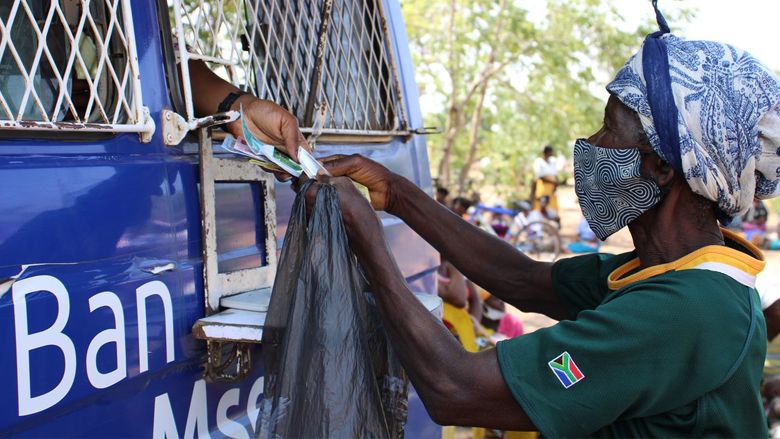In 2011, the financial sector’s contribution towards growth and poverty reduction in Malawi was limited. In 2011, only 17 percent of adults in Malawi were banked. While the country had achieved notable reforms, much of the business environment work remained outstanding, particularly financial sector reform. Access to finance was the greatest problem among businesses in Malawi, as the formal financial sector remained small and serviced mostly the urban population.
Against this backdrop, the IDA supported Financial Sector Technical Assistance Project (FSTAP) was conceived. With over $28 million, the project laid the foundations for digital financial services in Malawi. It marked a turning point for how policymakers, regulators and market actors use technology, processes and people to evolve market conduct, outreach, and performance.
The project supported improvements in financial literacy and for the regulatory framework in the financial sector. The national payments system was modernized, and all commercial banks were connected to a single switch. A Microfinance Institution Hub was developed, and a new Automated Trading System is leveraging technology to improve efficiency of transaction processing. The Reserve Bank of Malawi built on these digital innovations to enhance its capacity, and it is now fielding knowledge-sharing requests from peers in the Global South.
As a result, Malawi has borne witness to a digital transformation and increased access to finance. The percentage of adults using financial institutions, for example, rose from 19 percent at the start of the project in 2011 to 40 percent at the closing in June 2018. The proportion of women that are formally banked increased from 17 percent in 2011 to 38.5 percent in 2018.
These improvements to digital financial services have also made banking more accessible for Malawians living in rural areas, where physical banks are few and far between. In addition to mobile banks, which can travel to rural areas to provide services to their customers, banks are now able to safely link payment of services with mobile phones, allowing customers and service providers to send and receive mobile payments.
Now, after the close of FSTAP, the government is working to build on its strong legacy. In August 2020, the IDA-supported Financial Inclusion and Entrepreneurship Scaling Project was approved for $86 million and seeks to further improve access to financial services for micro, small and medium enterprises.

